Prophän‘s record label, Rhadâb, can be translated from Arabic into “wrath”, which he describes as an “unspeakable animosity defined by an intense internal turmoil and an entropic emotional state.” Hailing from Morocco, where the physical landscape matches the political, the music on Rhadâb seeks to sonically display these tensions and encounters through the production of hypnotic rhythms and unique aesthetics found on this particular edge of North Africa. This is Prophän’s response to the performance narrative of musical Morocco.
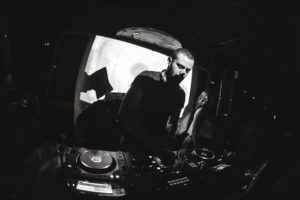
What comes to mind when you see the words ‘Moroccan electronic music’? What types of sounds and images are expected? These expectations are built from colonial histories that do not necessarily properly represent the sonic and visual environment of the people who inhabit its space. Although there is a thriving Afro scene featuring fusions of traditional elements particular to the region, there are also some Moroccan producers and DJs, like Prophän, who are looking to create a different atmosphere in Morocco’s scene.
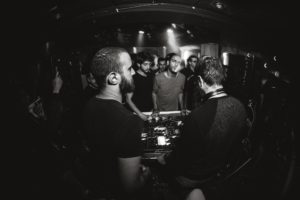
Over a year ago while exploring the presentations at an ethnomusicology conference, I was introduced to the dialogue about what it means for music to be “Arab”, “too Arab”, or “not Arab enough”. Having this conversation linger in my mind, and as I dug deeper into the music scenes of Toronto, Montreal, and Morocco, I began to think about the “oriental” deep house trend and how although this is without a doubt one way to portray the sonic and sensory environment of the Eastern world, it also further racializes individuals who fall under this extremely problematic term, “oriental”, and reduces a region of the world that is home to many different ethnic groups into this single category. I think it’s important to consider what makes music “Moroccan” or “Arab” or “World”. Does the producer need to fuse traditional elements from folk culture, or is the music inherently – in this case – “Moroccan” because of the origins of its composer or producer? Although the response to these questions are lengthy and complicated, Prophän is bringing his Moroccan techno to the ears of partygoers through his concept Mindless, an ongoing event series recently thrown at 5eme Avenue in Rabat, and Vertigo in Casablanca. His techno is Moroccan because he is Moroccan, and because he describes it as such. And although not particularly obvious, if you listen actively you can feel the Moroccanness embedded in the music – the magic, the mystery, the contention – because being Moroccan is not limited to its folkloric elements.
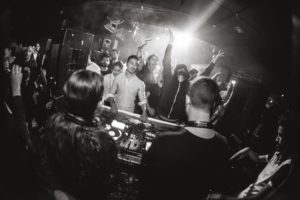
I invite you to challenge your ears, to search for Moroccan aesthetics in Prophän’s latest EP, Moorish Sorcery:
https://rhadab.bandcamp.com/releases
And if you’re in the area, head over to 5eme Avenue in Rabat this Saturday, February 9, for his next installment, Mindless invites: Makaton (live).

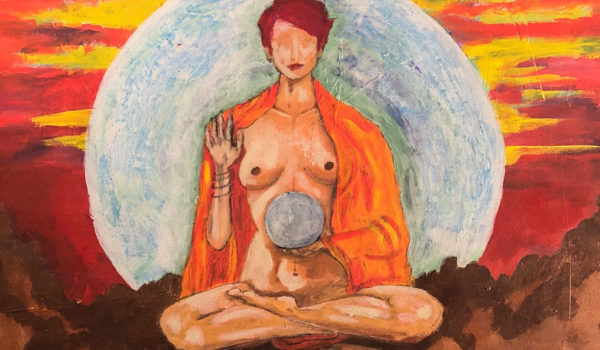
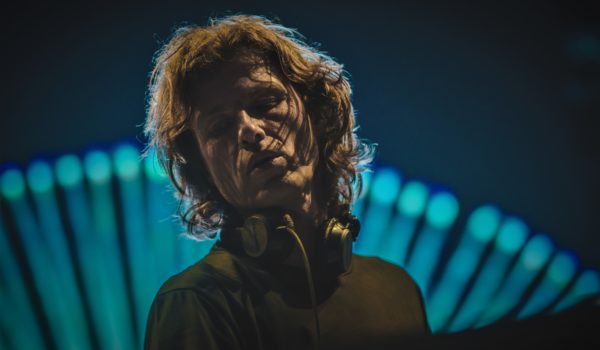
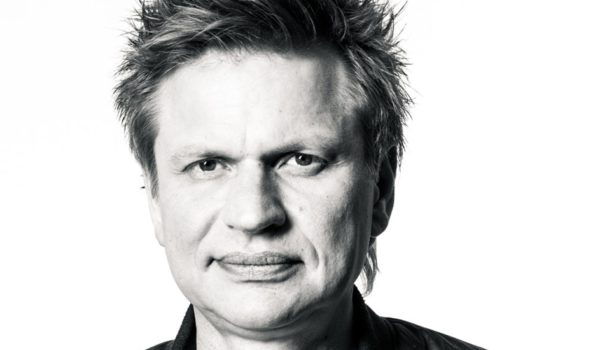
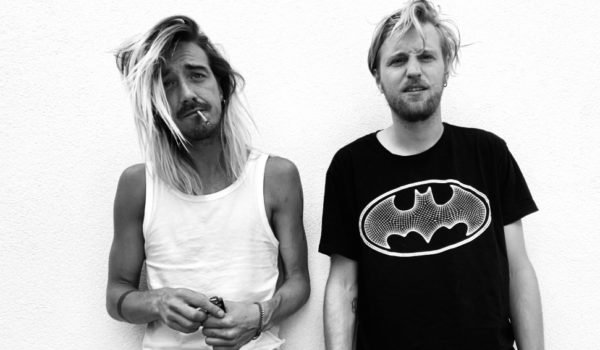
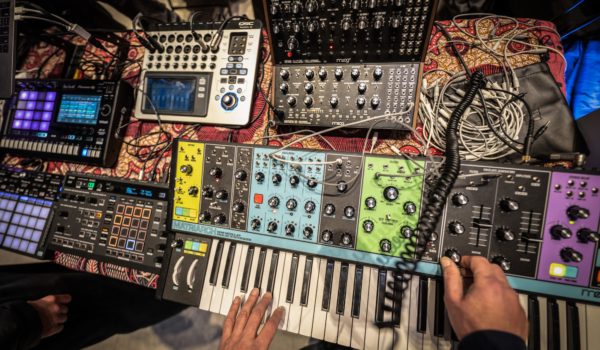
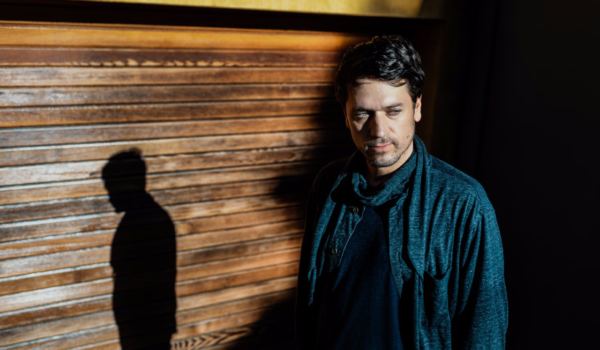
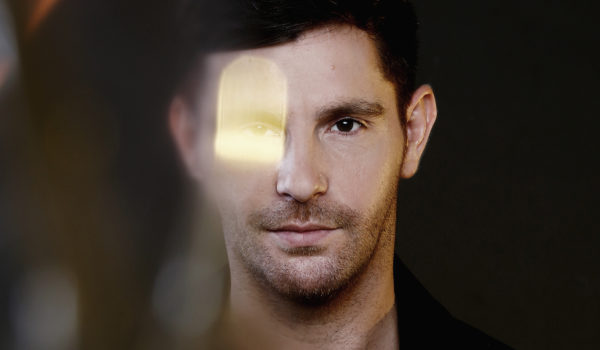

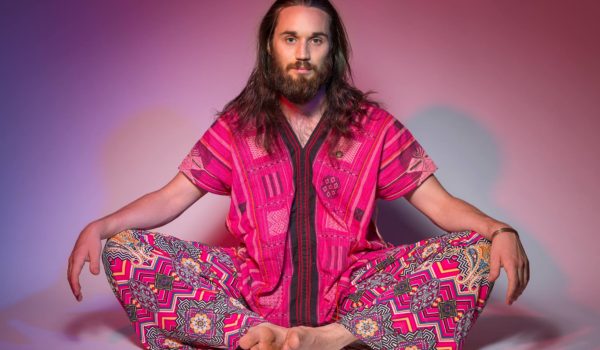
Comments